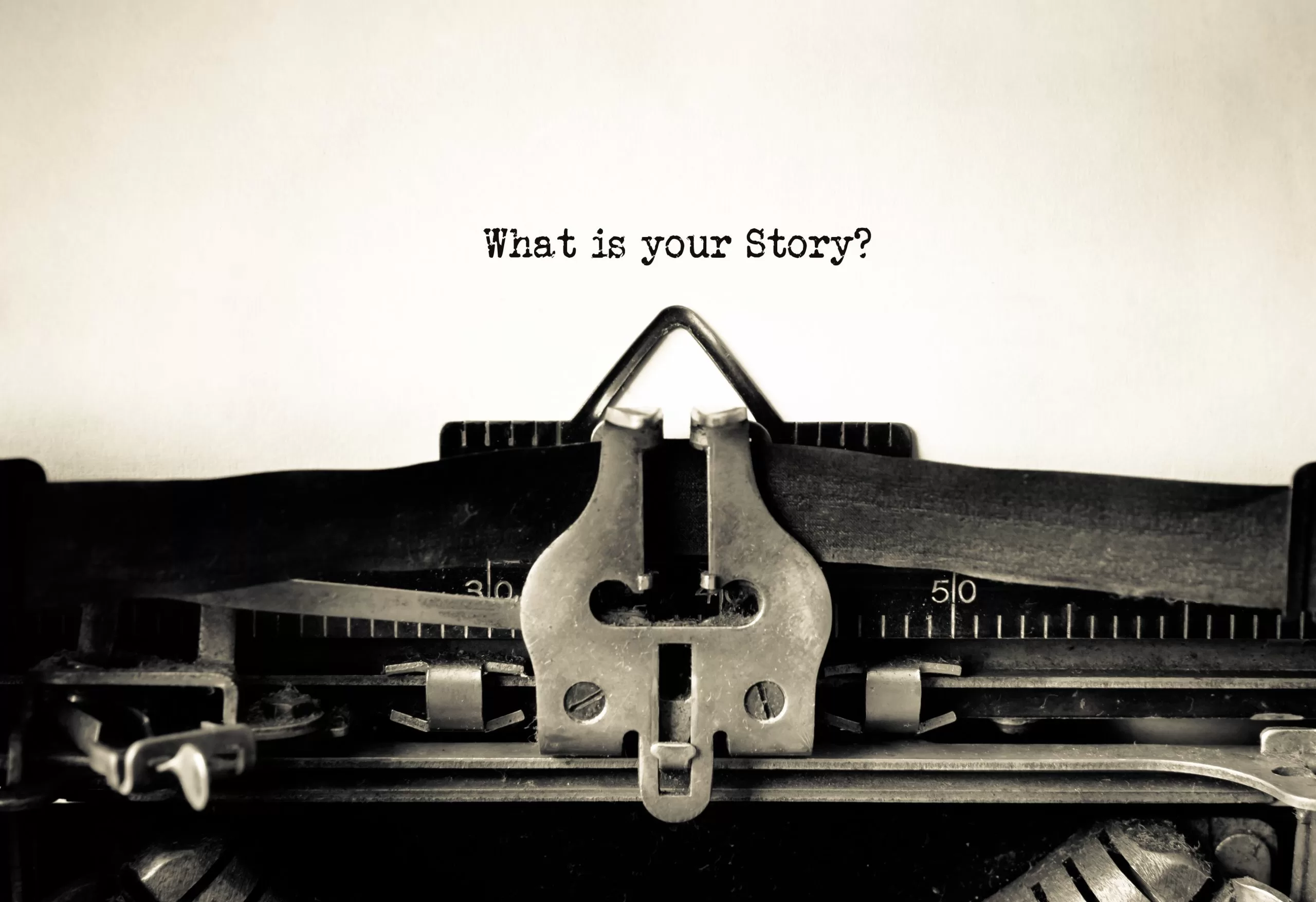
 People really like stories. We’re social creatures, and the empathy and suspense of a good tale entices us far more than almost any other kind of advertising.
People really like stories. We’re social creatures, and the empathy and suspense of a good tale entices us far more than almost any other kind of advertising.
When you consider the adverts you have remembered for a long time, the ones which really stick with you, nine times out of 10 they will include some narrative aspect, rather than just straight comedy. It’s because as human beings we connect with stories and because we connect with them, we remember them:
(We all remember this tear-jerking offering from John Lewis, don’t we?)
In a study carried out by researchers at Johns Hopkins University, it was found that regardless of the specific content, it’s the way in which an advert is structured which governs whether or not it’s successful. Those adverts which were arranged into a coherent narrative were even more memorable and talked about than those that starred celebrities.
So, how might universities use this to their advantage when recruiting new students?
Students want to understand how they will fit in at a university. They want to understand how its values reflect their own and how the spirit of the campus matches what they’re looking for. It is, after all, a very important decision. Storytelling marketing is inherently personal and it allows people to empathise with a brand far more than any other type of marketing. Representing the identity of your institution through a narrative will help prospective students understand how they themselves would acclimate to their new surroundings.
Take a look at this example:
The voice-over for this inspiring video gives the university an identity, something with which prospective students can relate. It speaks directly to the viewer, creating a story of experiences at The University of Manchester, while the footage itself enables the audience to imagine themselves in that same situation.
 Storytelling marketing can also be great way for institutions to create a brand identity. Stories tend to evoke a sense of honesty and integrity; they’re human and social. With competition between universities at an all-time high, creating a brand identity offers a way to distinguish an institution from its peers. Storytelling is a useful tool in this sense; people appreciate a good story to the same extent that they appreciate what’s actually on offer – as any talent show will show you.
Storytelling marketing can also be great way for institutions to create a brand identity. Stories tend to evoke a sense of honesty and integrity; they’re human and social. With competition between universities at an all-time high, creating a brand identity offers a way to distinguish an institution from its peers. Storytelling is a useful tool in this sense; people appreciate a good story to the same extent that they appreciate what’s actually on offer – as any talent show will show you.
Take Ben & Jerry’s, their history is widely known around the world, and their marketing has always relied heavily on both their origins and on storytelling in general. That method of advertising has made their brand far more appealing and well-known than probably any other ice cream company:
 The reason for success of storytelling is that there are neurological differences which occur when we read stories, as opposed to facts. Reading facts engages the language centre of your brain, but reading stories engages the part of your brain which would be working were the situation real. Essentially, we experience stories in the same way we experience real life. Storytelling marketing is more compelling, more engaging and more real to us than just facts and figures.
The reason for success of storytelling is that there are neurological differences which occur when we read stories, as opposed to facts. Reading facts engages the language centre of your brain, but reading stories engages the part of your brain which would be working were the situation real. Essentially, we experience stories in the same way we experience real life. Storytelling marketing is more compelling, more engaging and more real to us than just facts and figures.
 This type of advertising is also more likely to go viral, because a story has the potential to appeal to us more deeply. Videos are a great medium for storytelling marketing, plus we already know that people are far more likely to share videos than any other kind of media. Authenticity and credibility also play a huge role here: We’ve spoken at length about why millennials are drawn to honesty and openness and stories lend themselves well to this kind of advertising strategy. Universities can use this to their advantage by highlighting real people and real experiences.
This type of advertising is also more likely to go viral, because a story has the potential to appeal to us more deeply. Videos are a great medium for storytelling marketing, plus we already know that people are far more likely to share videos than any other kind of media. Authenticity and credibility also play a huge role here: We’ve spoken at length about why millennials are drawn to honesty and openness and stories lend themselves well to this kind of advertising strategy. Universities can use this to their advantage by highlighting real people and real experiences.
To really maximise the impact of your storytelling marketing, find out what you can learn from the ‘big brands’ already dominating this area.



